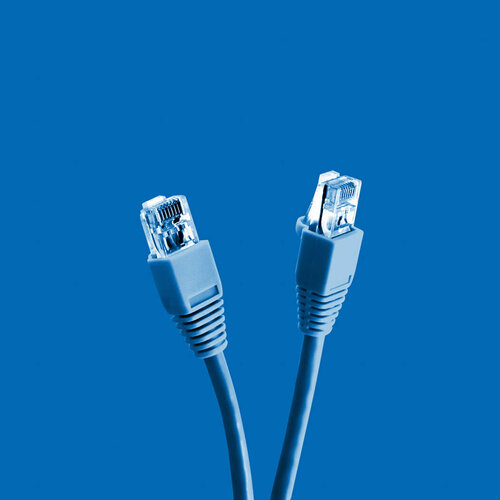Campus networks
Campus networks
Campus networks are customized mobile networks for industry, research and the public sector. They allow instantaneous communication between machines and processes. 5G – the next-generation technology standard for these mobile networks – will radically change the way communication takes place. It is triggering to a paradigm shift towards a user- and application-centric technology framework that will flexibly support three key application classes:
- Enhanced Mobile Broadband (eMBB)
- Massive Machine Type Communications (mMTC)
- Ultra-Reliable Low Latency Communications (URLLC)
Campus networks have to be wireless. The communications infrastructure has to meet these four minimum requirements to ensure the reliability of processes: high bandwidth, high availability, low latency, and data security. Campus networks meet these requirements and can take different forms: You can have a public network provided by a mobile network operator, establish a private corporate network, or have a combination of the two. Depending on the type, the campus network is then available at defined locations such as production halls, company buildings and depots, either to all or only to selected network users.
Does it make sense for you to establish a campus network?
- Has your wireless LAN led to faults, delays and outages in your production process?
- Do you need low latency and guaranteed continuous high data rates for your production processes?
- Do you want to operate, control and manage a local network with your own frequency range?
- Do you need a standalone network operated for you by a mobile network operator?
How we approach establishing campus networks
“Is a campus network an option for me? Is it appropriate? Will it meet my requirements?” We advise customers who are asking themselves these questions. We take a step-by-step approach, starting with a situation analysis. We then establish requirements. We draw up a requirements catalog, define use cases, design the campus network, apply to the appropriate regulatory agency for frequencies, prepare the planning documents and coordinate rollout.
Situation analysis, determination of requirements, creation of requirements catalog, definition of use cases, design of the campus network, application to the appropriate regulatory agency or frequencies, development of planning documents, project coordination during rollout.
More SOLUTIONS FOR THE ICT SECTOR
Whether you are looking for support with data centers or IT infrastructure, Drees & Sommer offers innovative solutions from the initial concept to operation – solutions that take into account both increasingly stringent standards for security and energy efficiency and greater expectations with regard to profitability. Our team always addresses your specific requirements and ensures security, availability and data flow within your company and/or data center throughout the project.

Would you like to know more about campus networks?
